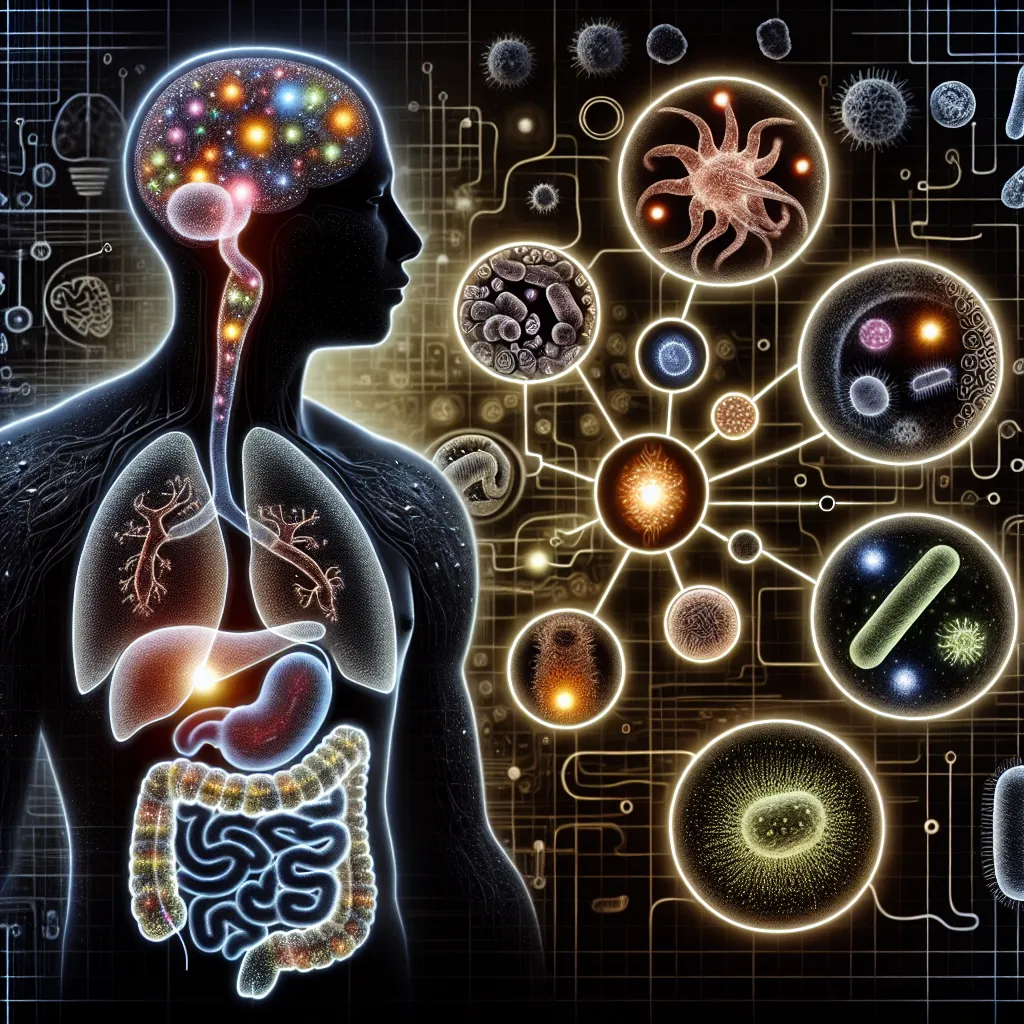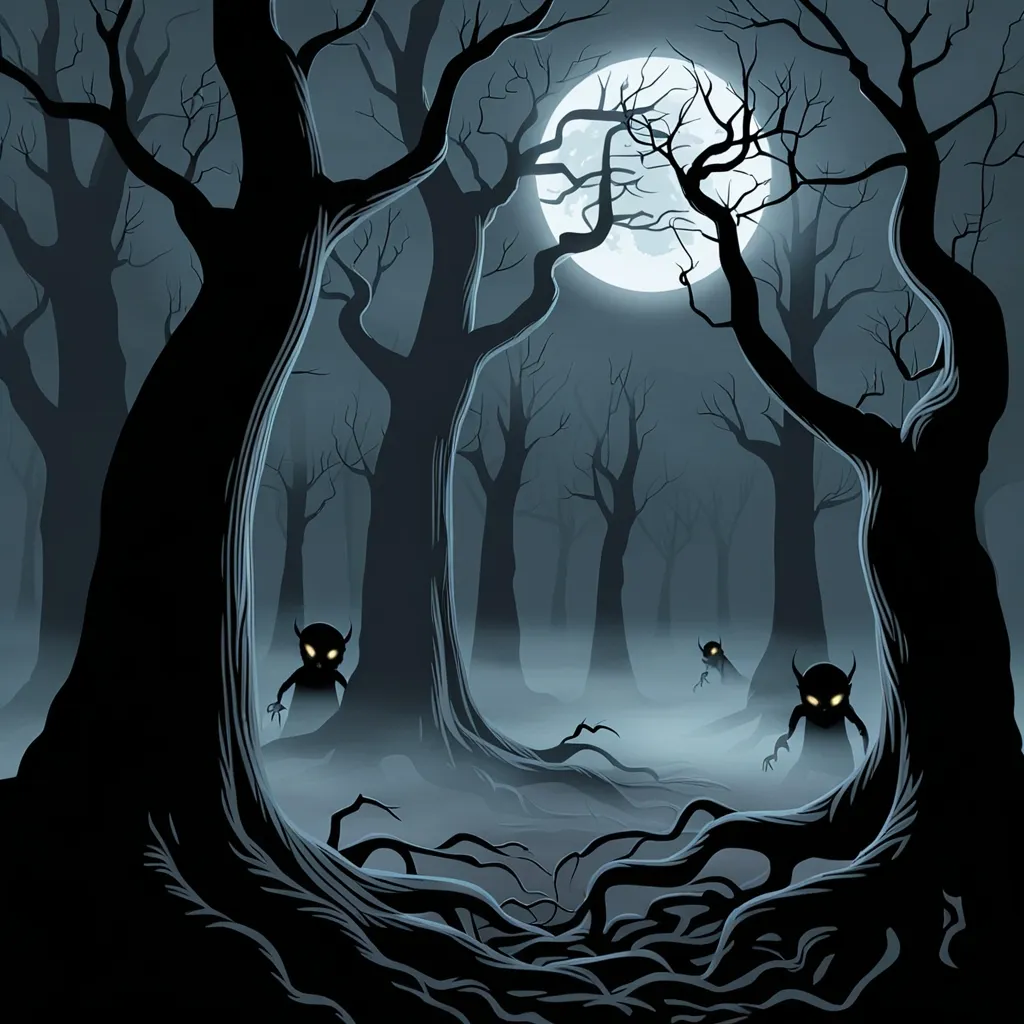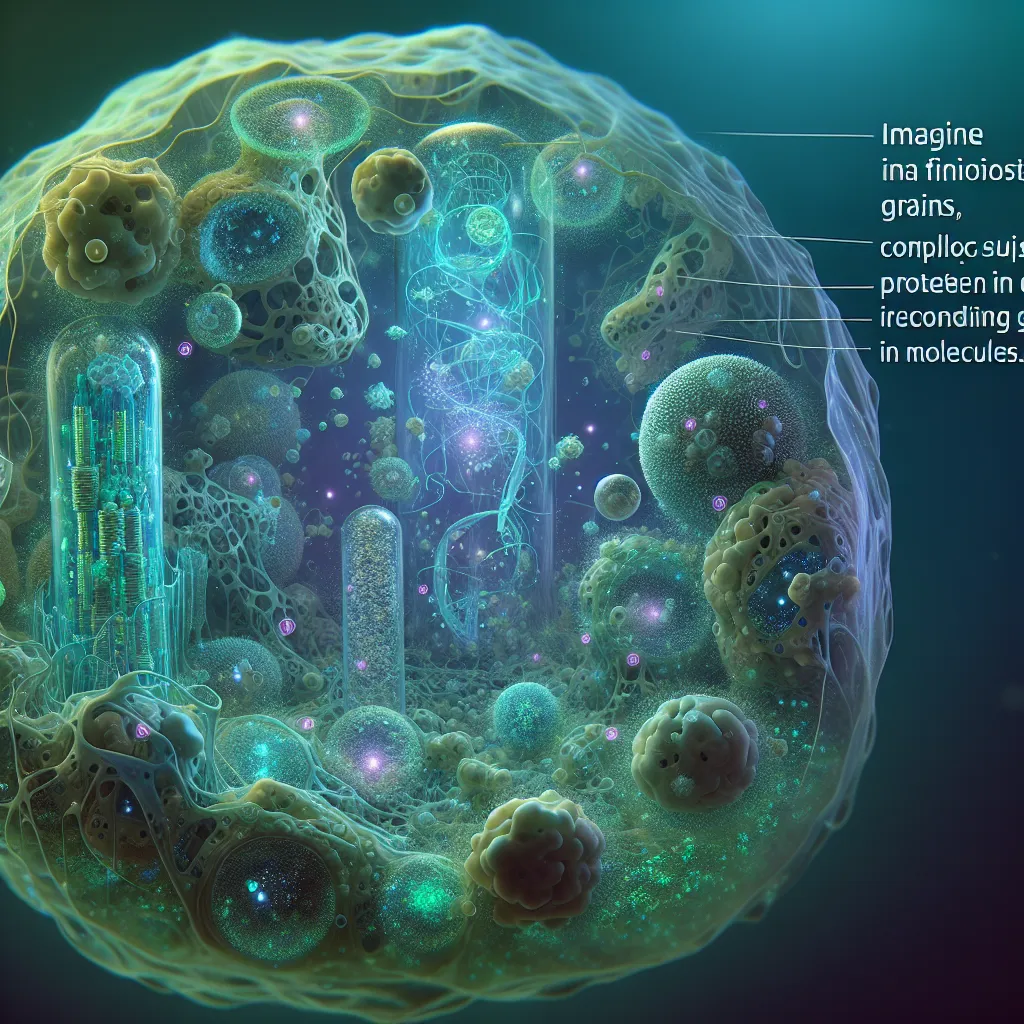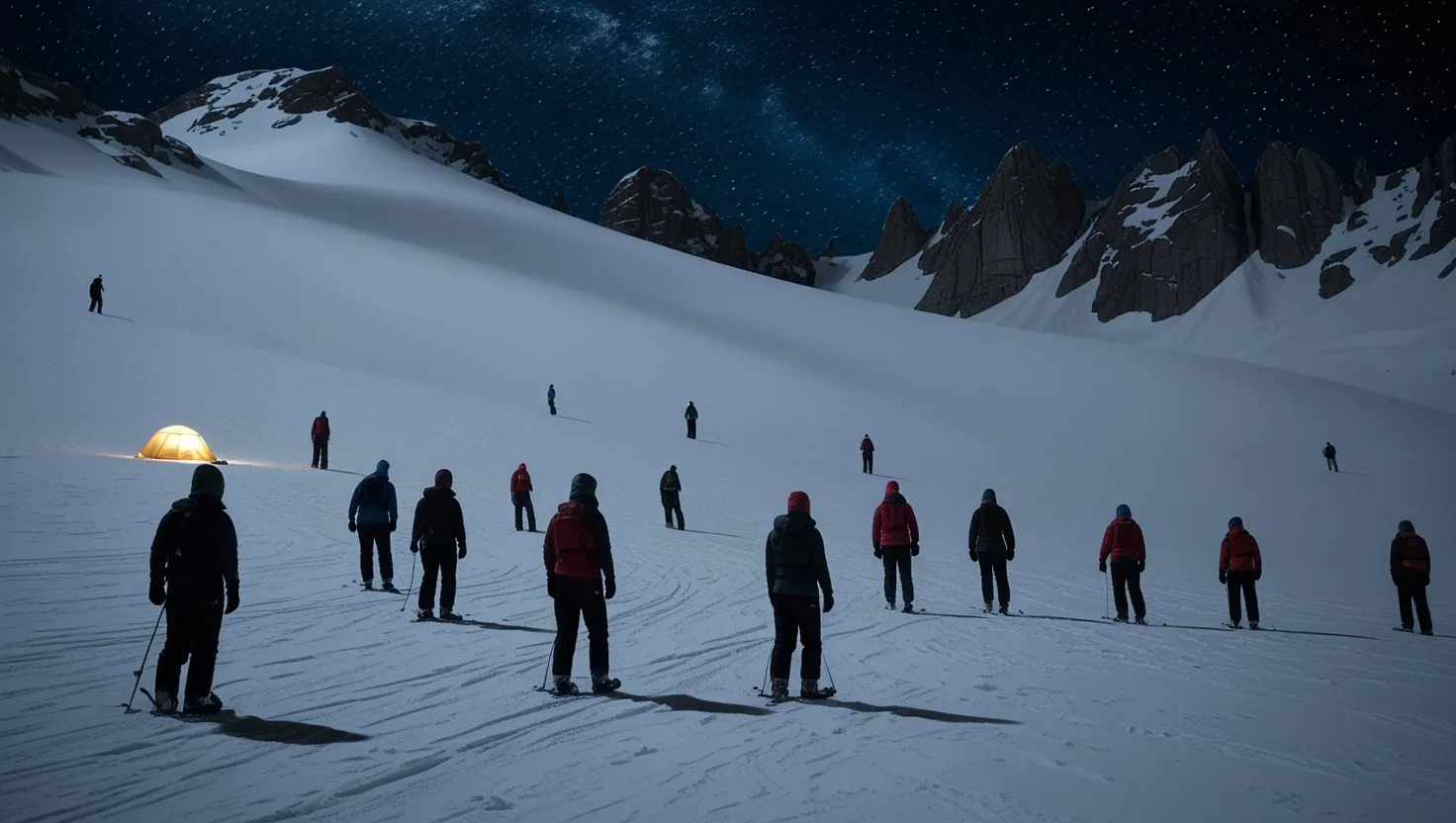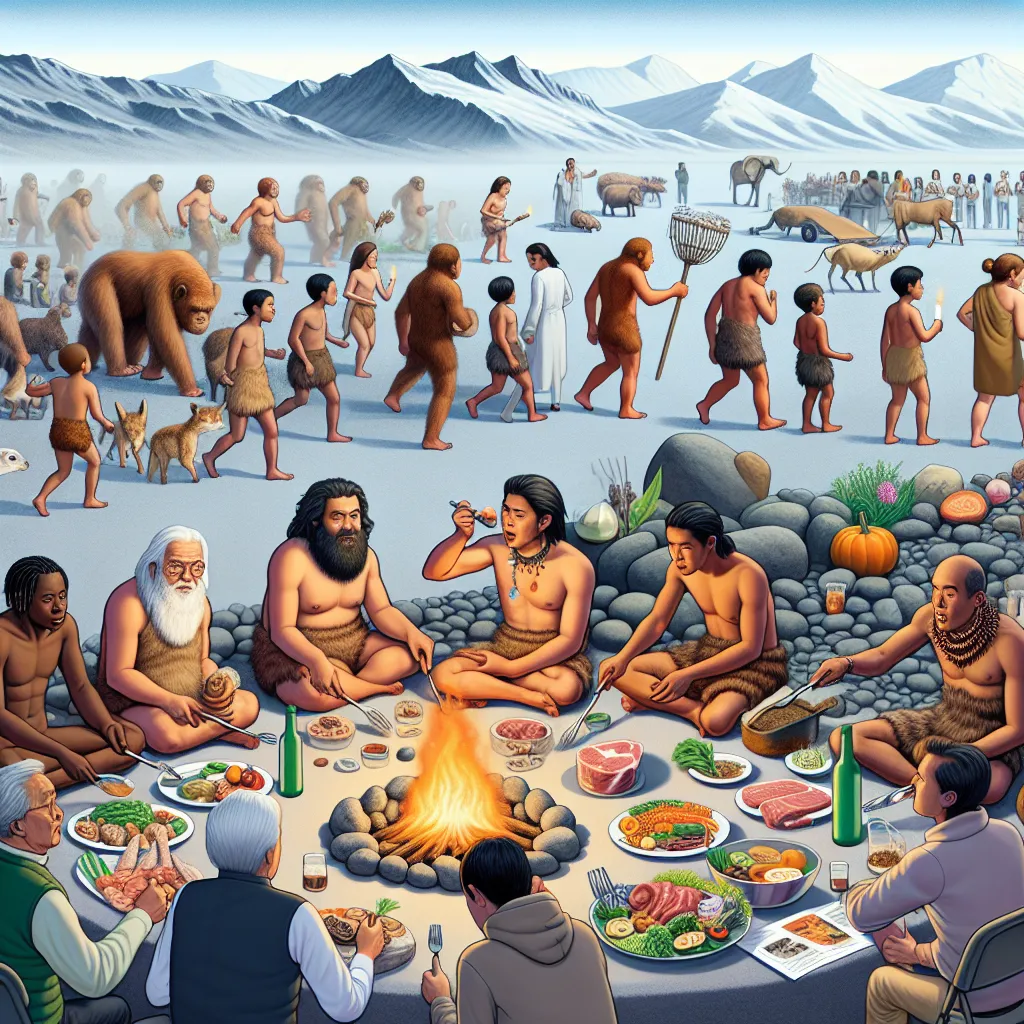Microbes Are Everywhere – And That’s Not Always a Bad Thing
Microbes are literally everywhere – on your phone, in your water bottle, and on your hands both before and after you wash them. They are omnipresent and there is nothing we can do about it. Millions of years ago, humans and microbes struck a deal: we provide them with food and shelter, and they help us out in various ways. But it isn’t always a smooth partnership; sometimes it feels like a cold war.
When we’re inside our mother’s womb, we start out sterile. As we’re born, traveling through the birth canal, billions of our mother’s bacteria cover every inch of our bodies. This process is crucial for our health. Interestingly, kids born via C-section have higher rates of asthma, immune diseases, and even leukemia. Our bodies not only accept these microorganisms but actually welcome them. Over millions of years, we have co-evolved to make the best out of this relationship. For instance, mother’s milk has special sugars intended to feed and support specific groups of microbes, decoy others, and help modulate the immune system. It takes about two years for a healthy microbe community to form in a human body.
Each person has a unique microbiome, a community of bacteria, viruses, fungi, and other organisms. We have three categories of microbial guests. First, there are the quiet passengers who do their own thing and are politely ignored, taking up space and keeping more aggressive intruders in check. Second, there are the guests that harm us but we’ve learned to tolerate, like the bacteria that produce the acid that melts our teeth if we don’t brush enough. Lastly, we have friendly fellows, particularly a community of gut bacteria that help us digest food and extract extra calories from what we can’t digest ourselves.
The gut, however, is a hotspot for intruders, making it heavily guarded by our immune system. Our gut microbes have co-evolved to interact with our immune system, asking it not to kill them, and they produce substances that help educate it. They even stimulate gut cells to regenerate faster.
Recent studies suggest that our gut microbiome’s influence extends far beyond digestion. It might communicate directly with our brain. For instance, 90% of our body’s serotonin is made in the gut, and some scientists believe microbes do this to communicate with the vagus nerve, which connects the gut and the brain. Some bacteria in the gut can trigger immune cells to signal the brain, aiding in brain recovery after injuries. This relationship shows the microbiome’s potential impact on our mental health and behavior. For example, rats fed with microbes from the guts of depressed people exhibited anxiety-like behavior, hinting at a connection between microbiome and mental health.
The food we eat significantly shapes our microbiome. The organisms in our gut prefer different types of food – some love fibers and leafy greens, others go for sugars and starches, and some favor greasy fries. Our diet determines which bacteria thrive. If we indulge in a lot of fast food, we end up with more fast food cravers in our gut, creating a cycle that makes us crave more unhealthy food. However, this cycle can be broken by eating healthy, encouraging the growth of beneficial bacteria.
Our microbiome isn’t just about weight; it’s linked to serious diseases like autism, schizophrenia, and cancer. One early symptom of Parkinson’s disease is actually gut issues. Sometimes, when bad bacteria take over, the solution is introducing good ones, like in fecal transplants. This method has been used to treat severe diarrhea caused by C. difficile.
In conclusion, we need to deepen our understanding of how microbes impact our health. While our microbiome can be a powerful ally, it requires us to maintain a delicate balance. But one thing is clear: we and our microbes are in this together, for better or worse.
